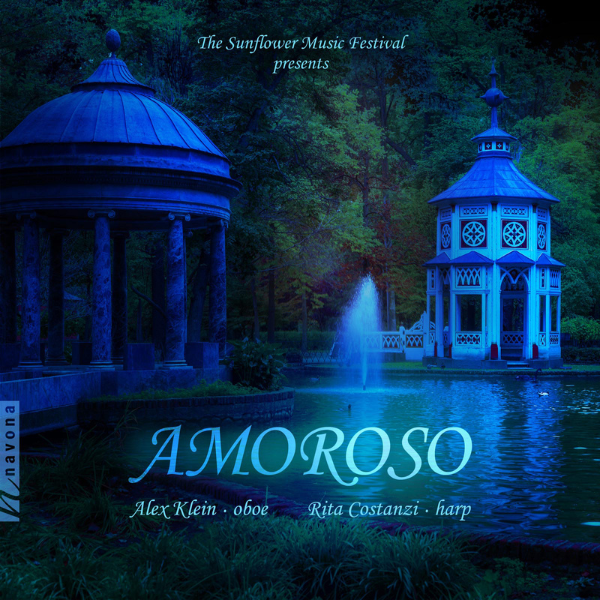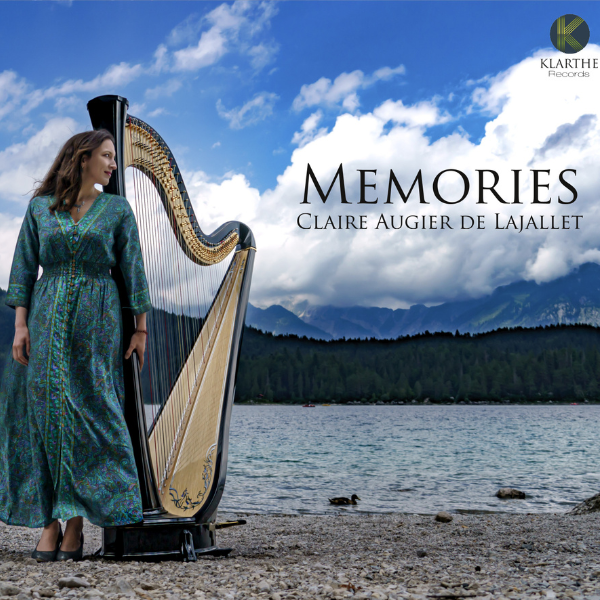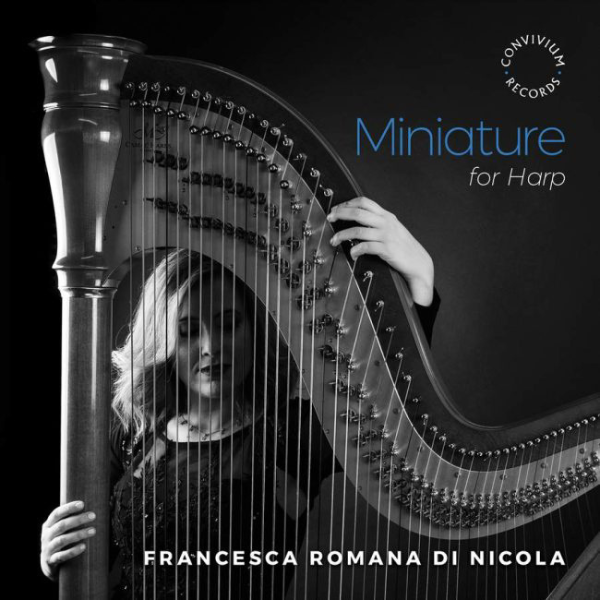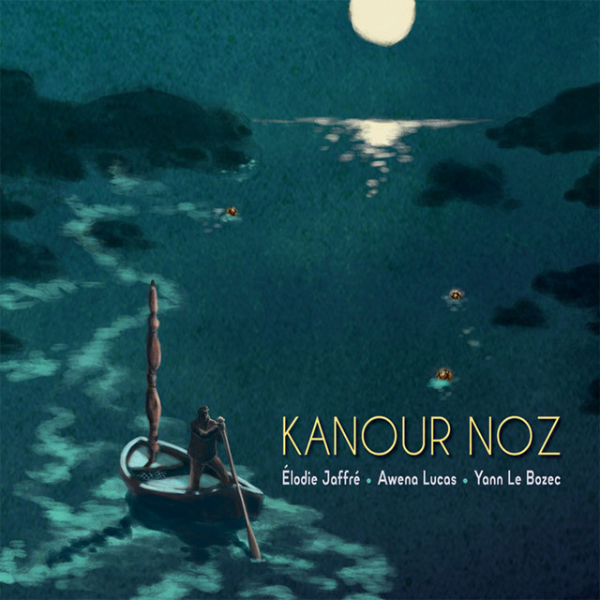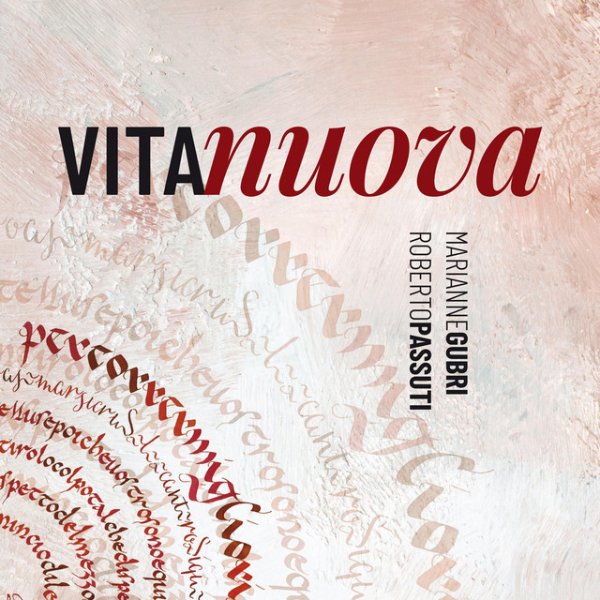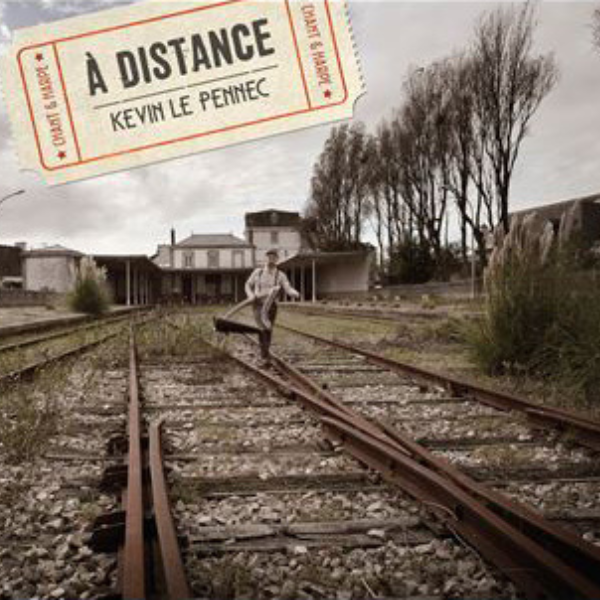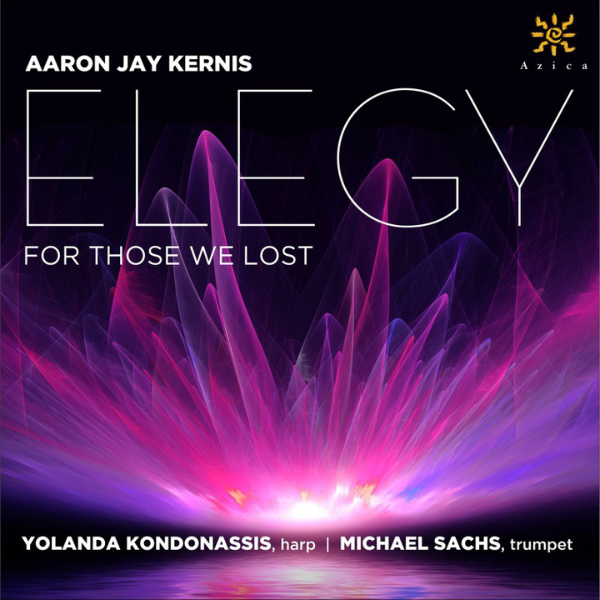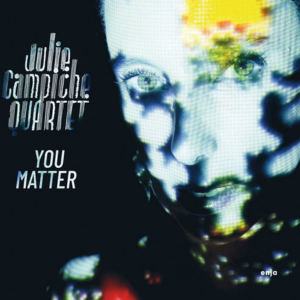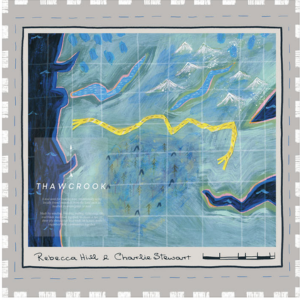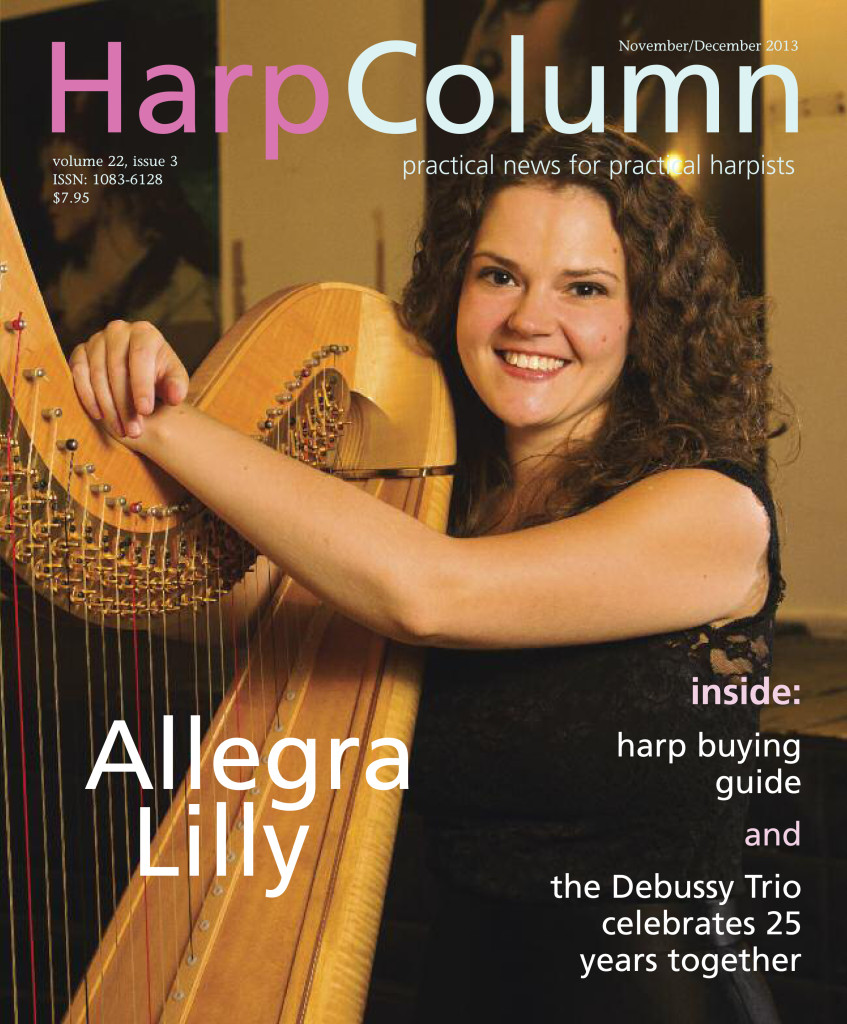
Remy van Kesteren, harp; Harmonia Mundi, 2013.
5 harps
(Note: recording reviews prior to 2014 were based on a 5-star system.)
The guy’s got it all—the looks, the chops, and the groove. Even his Twitter profile proudly tells us that real men play harp. He’s the winner of the 2013 International Harp Competition, Dutch musician and storyteller Remy van Kesteren, a player as comfortable with the gentle feminine touch of a pianissimo as he is adding arabesques to the stylings of Naturally 7 or performing for hundreds of thousands as part of the BBC Night at the Proms.
Much has been written about this outstanding musician, but for me my “wow” moment came as I opened up his debut disc—with the most straight-forward and oh-so-right name Remy.—placed it in the player and turned up the volume. From the first notes I melted. An arrangement of the orchestral work, The Moldau by Bedrich Smetana, is an evocative homage to a river that begins like a legend, as two springs cold and hot that finally find each other growing to a massive force. In Remy’s hands, the piece is altogether new, playful, robust, and dancing, while all the while truly a story in music.
There’s something that happens when a radio host hears a disc so perfect. It’s bliss, sure, but it’s easy to think, “Of course, this is exactly how one must make music.” It’s not to discount the huge talent and skill, but it’s as though without one flaw in timing or expressive decision, we are at ease. Remy completely and utterly owns us for the moments we are listening because, though a recording, we feel his presence is felt and the intimacy is palpable.
But back to the music.
How many times have we heard Bach played on harp? And what makes this rendition of Bach’s Suite in C Minor, BWV 997, so different, so magical? Remy calls himself a storyteller, and, for sure, he weaves a narrative when he plays. But he also writes in words on a blog, and in one such story bemoans those who drive in the slow lane as bored, lost souls who have no will to live. Through circumstances there was a short time where he found himself one of those plodding drivers and soon discovered that the scenery, the time to think, and the moments to breathe are worth the few extra minutes. This sensibility is apparent in his playing, a kind of “we’ve got the entire day, so let’s just see what Bach is saying, shall we?” And it’s no wonder Remy created his own cadenza. At his first major performance in competition, it drew some negative remarks, but it simply sings—and directly from the heart.
It’s fitting Remy chooses to echo Bach’s intense emotionalism with a 20th-century Bachian homage—his own arrangement of Shostakovich. The fugue in particular blossoms in a carefully drawn-out crescendo of joy.
Two entirely different works, but again allowing Remy to invite us into the vast and seemingly endless possibilities of sound and storytelling, are Henriette Renie’s Piece Symphonique en Trois Episodes—a magnificent journey through what was likely her own grieving process and the loss of a friend—and Heinz Holliger’s modernist and shattering Praludium. As Remy states in his program notes, “your first CD has to be something special.” And indeed he accomplishes this splendidly.
A must-hear, a must-own, and if you don’t believe me that the guy’s a looker, there’s a bonus DVD included.





